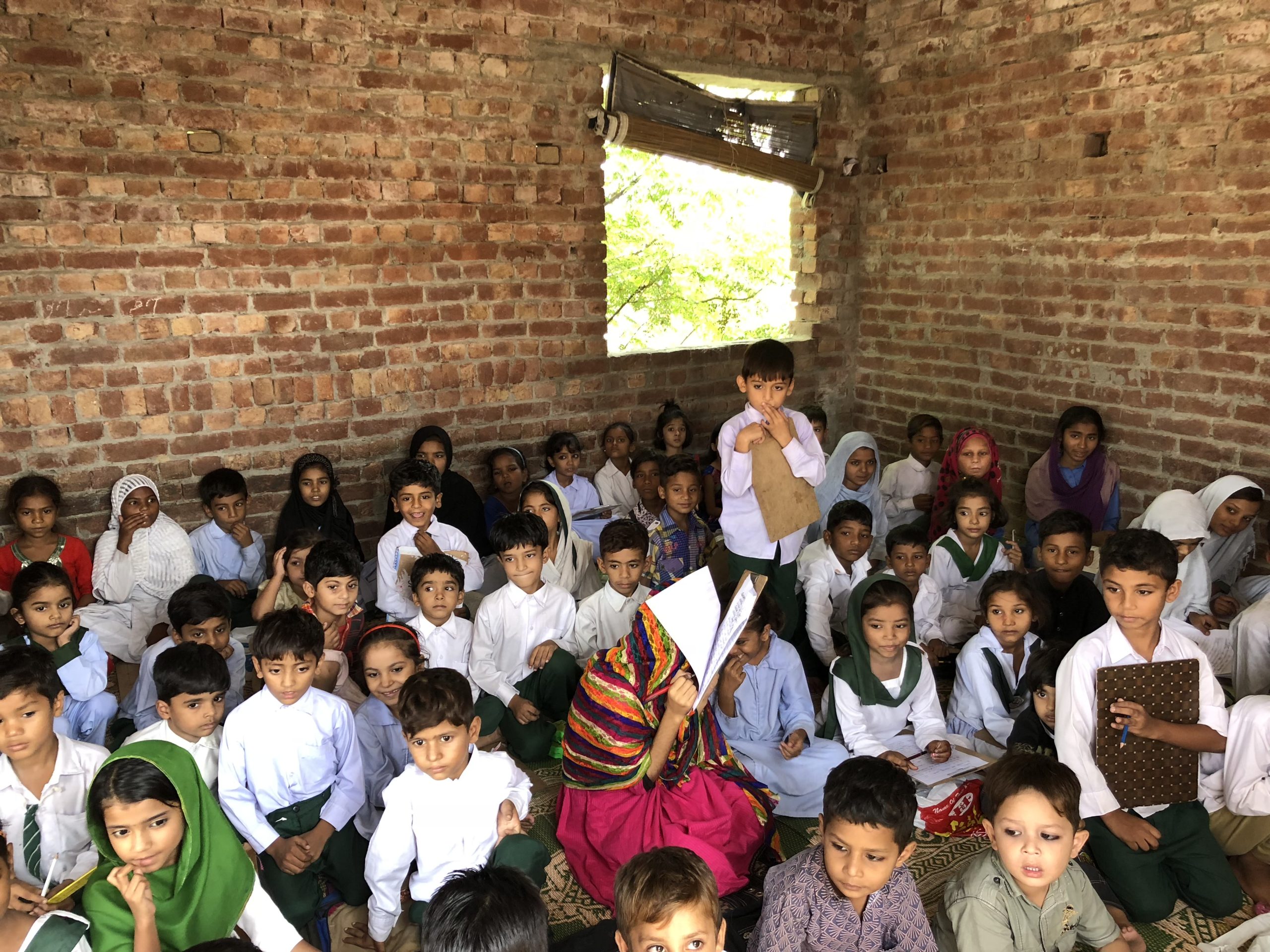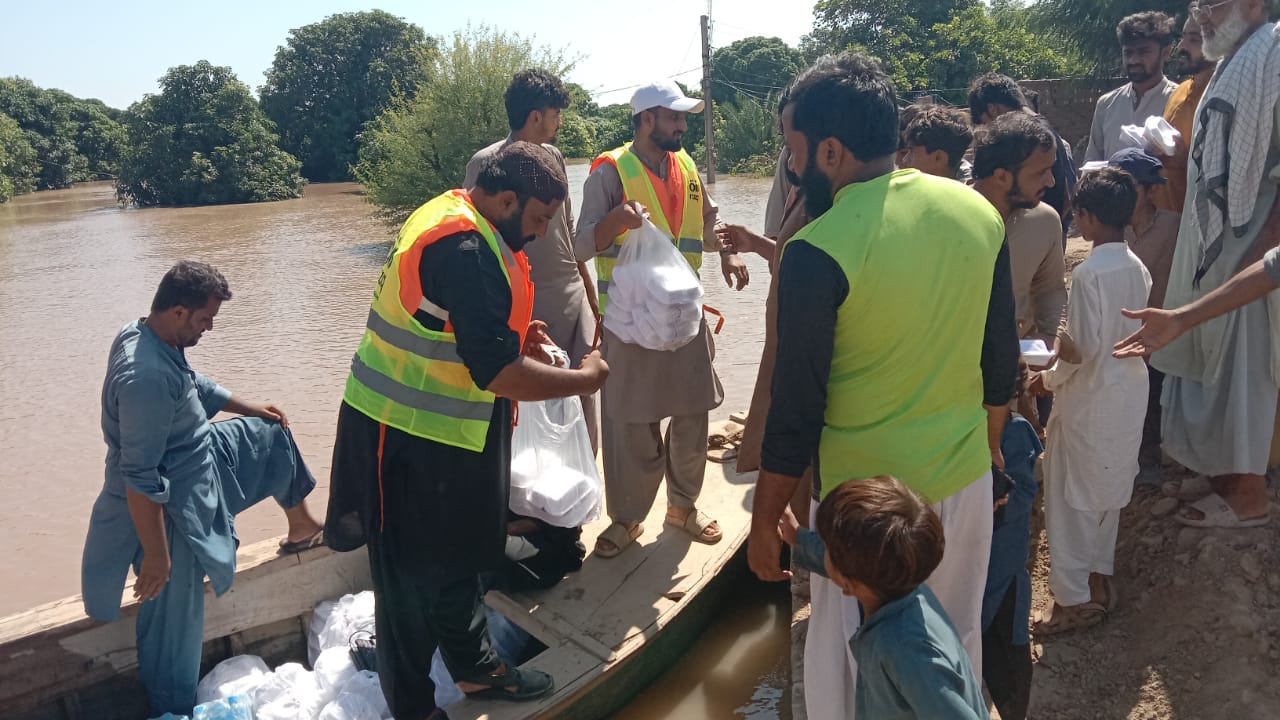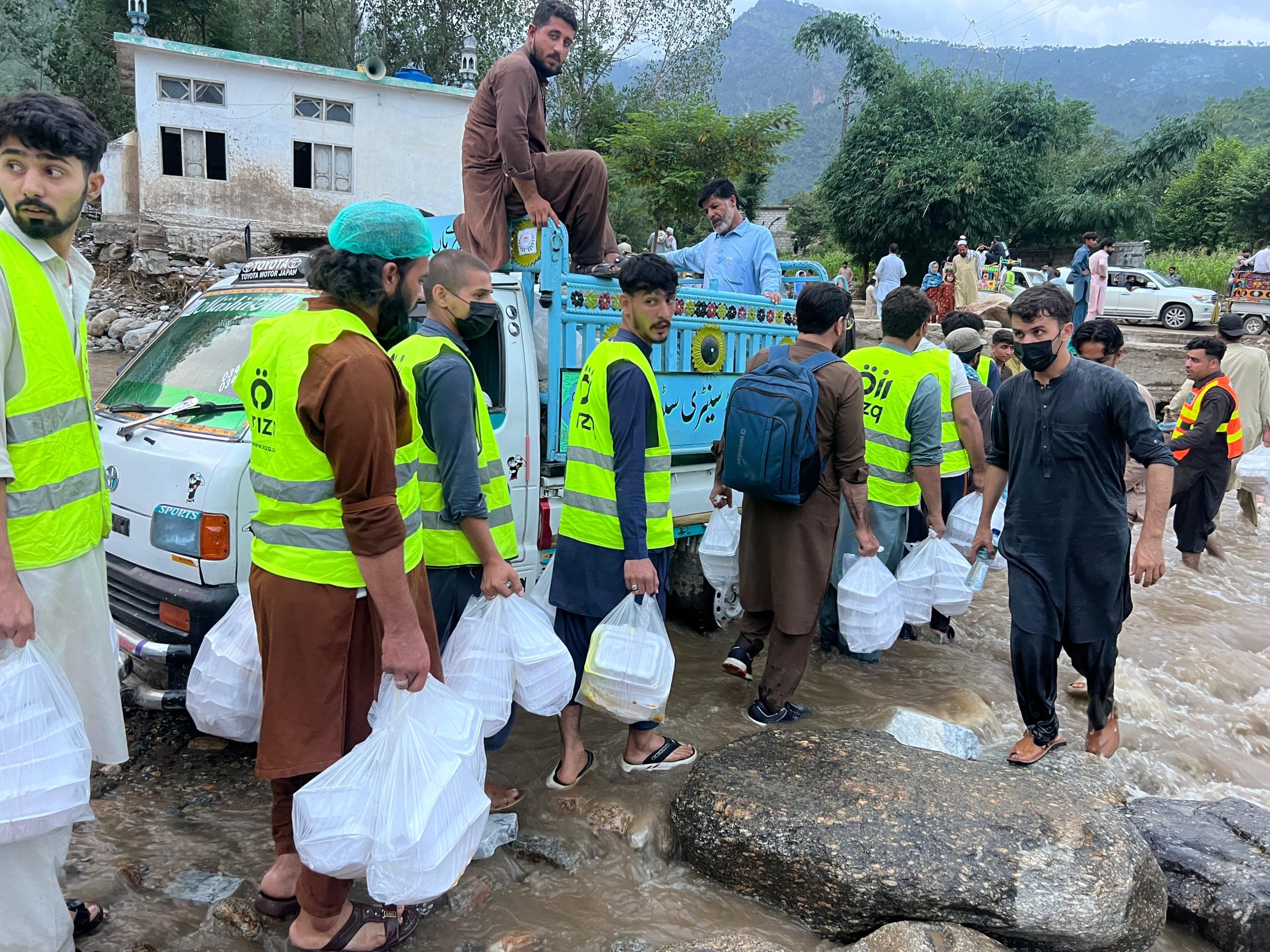Rizq Ration – Creating a Food-Based Social Safety Net
In a country where millions continue to face daily food insecurity, the Rizq Ration program stands as a powerful example of how food-based social safety nets can provide not just relief, but dignity and hope. Designed to serve Pakistan’s most vulnerable—including orphans, widows, senior citizens, and those with disabilities—the program delivers subsidized monthly food rations through a structured six-month sustenance plan.
At its core, the Rizq Ration initiative uses a targeted subsidy model that ensures aid reaches the right people at the right time. A key innovation is the use of a robust poverty scorecard—based on the Household Hunger Index and Pakistan Poverty Scorecard—to assess eligibility. Those scoring 40 or below qualify for assistance. This data-driven approach, supported by local community leaders and health workers, fosters trust and ensures outreach is both efficient and equitable.
With over 2,300 families enrolled, more than 13,000 individuals have been impacted through the distribution of 20,000 subsidized rations in partnership with 30 local food banks. These numbers highlight the program’s wide reach and tangible impact, particularly in improving nutritional access for families who previously struggled to meet basic dietary needs.
However, implementing a food-based safety net at this scale is not without challenges. Identifying beneficiaries required refinement over time; while the poverty scorecard improved accuracy, issues like fraudulent applications and subjective assessments persisted. The program also faced significant hurdles in securing consistent funding, leading to the development of an e-commerce donation model that allowed individuals to sponsor food packages directly.
Donor transparency and accountability became increasingly complex as the program scaled, necessitating third-party oversight and improved operational efficiency. Instances of defaulted payments and data manipulation by some partner NGOs underscored the need for strict governance and cross-sector collaboration—something still lacking across Pakistan’s broader food security efforts.
Despite these obstacles, the Rizq Ration program has demonstrated resilience and innovation. One of its former team leads, Faraz, recalled a striking moment when a volunteer raised PKR 450,000 overnight to feed 150 families—proof of the community’s unwavering commitment to the cause.
Looking ahead, the future of food-based social safety nets lies in hyper-local models that partner with trusted neighborhood stores and leverage tech-based logistics inspired by food delivery platforms. Training public sector professionals and standardizing procedures will also be critical in ensuring scalability and sustainability.
In conclusion, while programs like Rizq Ration have significantly bolstered food security for underserved communities, their long-term success hinges on adaptability, technology integration, and community ownership. By anchoring relief efforts in local trust and data-driven accountability, these safety nets can evolve into lasting lifelines for generations to come.



